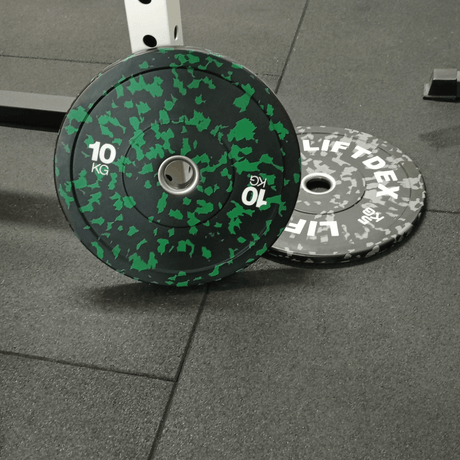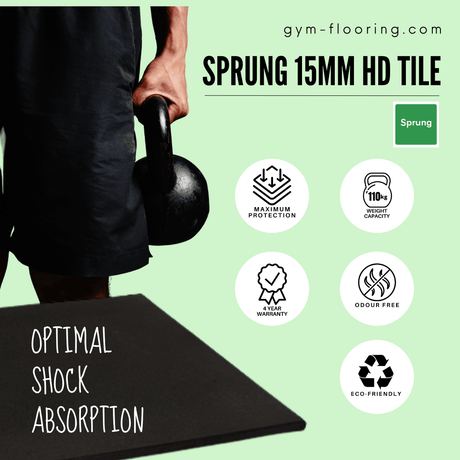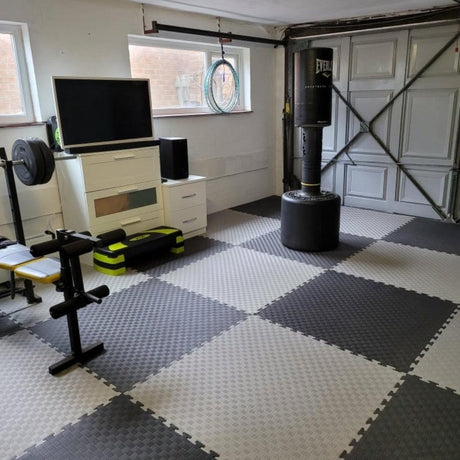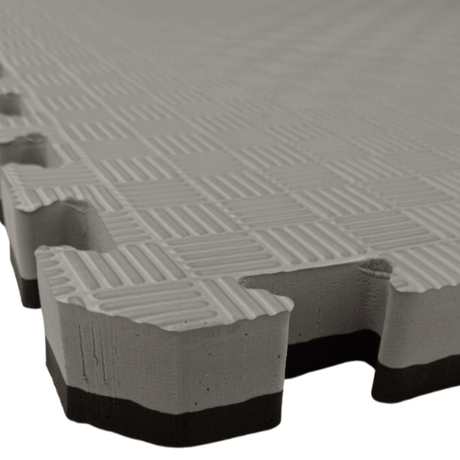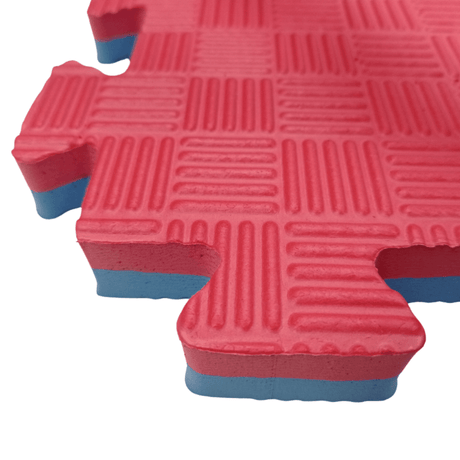Reach mental and physical wellness through fitness
Recovering from addiction is not an easy hurdle to overcome. Family, friends, and supporters have your back but ultimately the effort and commitment to recover comes from yourself.
Including some exercise options into your daily routine can boost your motivation and energy levels as well as help towards creating a structured lifestyle that enhances your recovery path. Follow our guide to help you reach your mental and physical wellness goals through rehabilitation.
Contents
• The impact of addiction on the body
• The importance of treating addiction.
• The benefits of fitness in the recovery process
• Exercises to include in your workout
• How to prepare for exercise in your treatment
• Summary
The impact of addiction on the body
Addiction has many consequences on the mind, body, and social life. It can cause a lot of destruction in all areas of life that require a lot of effort to set straight.
On the body specifically, you are more prone to illness, infection, skin and dental problems. It can trigger mental illness, cause memory loss, affect your body size, mood, and sleep. Depression and anxiety are exacerbated with substance abuse and the withdrawal effects of it. in short, your body will suffer both mentally and physically from drug or alcohol misuse.
The importance of treating addiction
Getting help for a substance abuse problem is not easy, and it takes hard work and dedication to become sober. With the help from a good support network starting with your family and friends, you can seek help from the numerous rehabilition centres that offer alcohol treatment in Glasgow or a GP referral for specialist support. Here licensed therapists will help you lay out a plan to work towards a healthier, happier life. These rehab centres and clinics help people with all types of addiction from alcohol and drugs, to gambling, sex and overspending.
The benefits of fitness in the recovery process
Including fitness in your recovery process will help minimise withdrawal symptoms, and help curb any cravings that you may experience. It can also help you to refocus your thought patterns that may trigger addiction behaviour.
Exercising will improve your body physically. You’ll begin to see a difference in your appearance as you build lean muscle and strength. Internally your body will start to heal which may have been damaged due to substance abuse. It will improve your endurance, and stamina as well as boost your overall self-esteem and sense of achievement as you start to see and feel the benefits of exercise as a tool in recovery.

Other ways that a fitness-focused mindset can help with is mental health-related issues. You’ll see an overall improvement in your mood, fewer instances of anxiety and depression, which in turn will improve your sleeping pattern and quality of sleep.
Exercises that can help
Before starting an exercise programme, remember to get the go-ahead from your therapist or key worker. Check that this is the right time for you as working out too early in the withdrawal process could be more detrimental than useful.
Start with moderate cardio-related exercises like jumping rope, walking, jogging, or aerobics for 150 minutes a week. This type of exercise will help get your heart rate up and your cardiovascular functions working. You can also invest time practising yoga and meditation, which is a mindful exercise that helps with your mind and body connection.
When you are ready, you can slowly branch off and do more intense exercises like strength training after you build up endurance and stamina. Strength training will protect the bone and muscle mass in your body, it will make you stronger, help you maintain body weight, and help tone your body.

How to prepare for including exercise in your treatment
Your fitness journey will require a lot of hard work and dedication, so you need to be well-prepared. You can join a fitness class at your local gym or get in touch with a personal trainer to help you stick to your goals and offer you support when you need it.
If you rather walk this road on your own, you can work out from the comfort of your own home. Just make sure that you have enough space to follow your routines. Invest in gym flooring and some equipment to make your space like a home gym you can use at any time you need. Following online tutorials and workouts are excellent for mastering your form and boosting your motivation.
Alternatively, you can opt for cardio exercises outdoors by going for a power walk or run. Exercising in nature is proven to improve mood and clear your mind.
It goes without saying that aiming to eat nutrition meals and drinking plenty of water will contribute to the overall effect of your exercise plan.
Summary
To get the most out of your recovery from addiction treatment it's helpful to introduce a fitness routine into your plans. Not only will you benefit physically but most importantly, you will feel better. It will provide a focus with a goal to reach that in turn will help you to feel empowered and mentally stronger. The natural endorphins of exercise coupled with a steady routine lay down the foundations for a balanced and happier approach to life.





